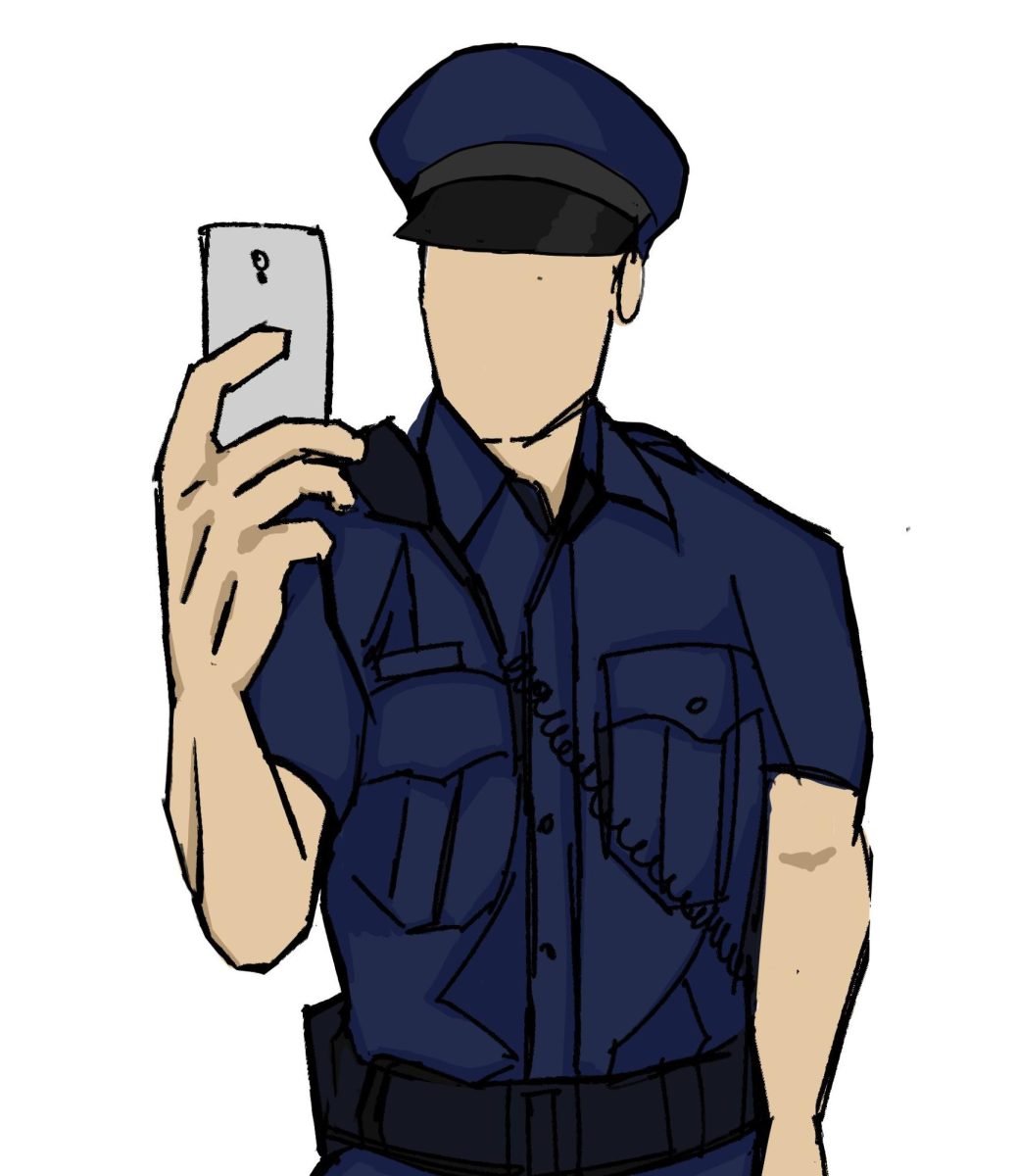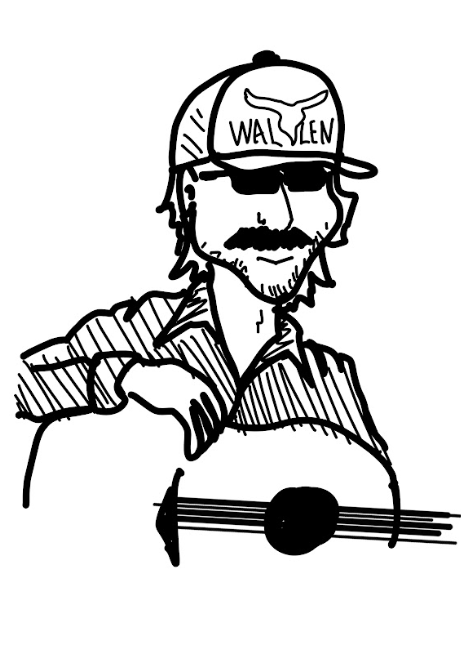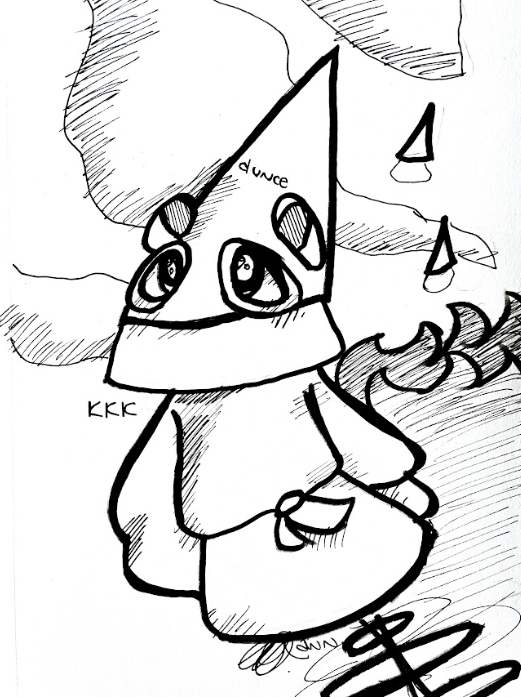Questionable policies within government agencies are woven into the American identity, and we often overlook them because they are so ingrained in our culture. Sometimes these agencies push the line a little too far, and the general public raise their eyebrows and seek legal advice on the matter.
Small towns have the reputation of being strict and unforgiving, especially the many exclaves in Bexar County. Driving through areas such as Leon Valley, Castle Hills or Hollywood Park, accompanied by the population sign, comes a stark change in the speed limit. This is a classic speed trap cash grab for these small municipalities, and we have accepted this as a common practice when it comes to dealing with small police departments.
Alamo Heights, an exclave in Bexar County, has a policy within their police code that has raised questions from the general public. Policy 7.33 states, “Officers shall photograph [violators receiving] citations with the eCitation device to ensure the following.” In layman’s terms, police officers can photograph you after a traffic stop. A motorist can refuse to have the photo taken, but the responding officer will document the objection.
According to KSAT, other Bexar departments have a policy similar to the Alamo Heights Police Department (AHPD), such as Live Oak, where they photograph violators only when the motorist does not have their state-issued license. The photographing of motorists is stepping on the toes of the Fourth Amendment, but in AHPD’s words, “The photos are used as identification for potential suspects involved in crimes that have yet to be reported.” These policies are suspect; motorists provide sufficient information during a traffic stop. The question must be asked: what more do these agencies want from motorists so it can be sufficient for their goal of upholding public safety?
The photographing of motorists is not a new issue in Bexar County. The policy has been documented since 2019 when a Cibolo man brought attention to the issue after he was asked for his picture after missing a light. We are in an age where government entities have no shame or care for taking away people’s rights little by little. These people in power give half-baked answers when justifying their decisions.
Local police departments are playing into their stereotypical role of ruthless small-town police nitpicking the law and giving the hammer to anyone they see fit. These departments’ policies are an overstep of their role in the community. They abuse their constitutional power over motorists in the name of public safety. The writing is on the wall. In fifty years, an officer will take our picture, get our fingerprints and do a retina scan for something such as a cracked windshield.









